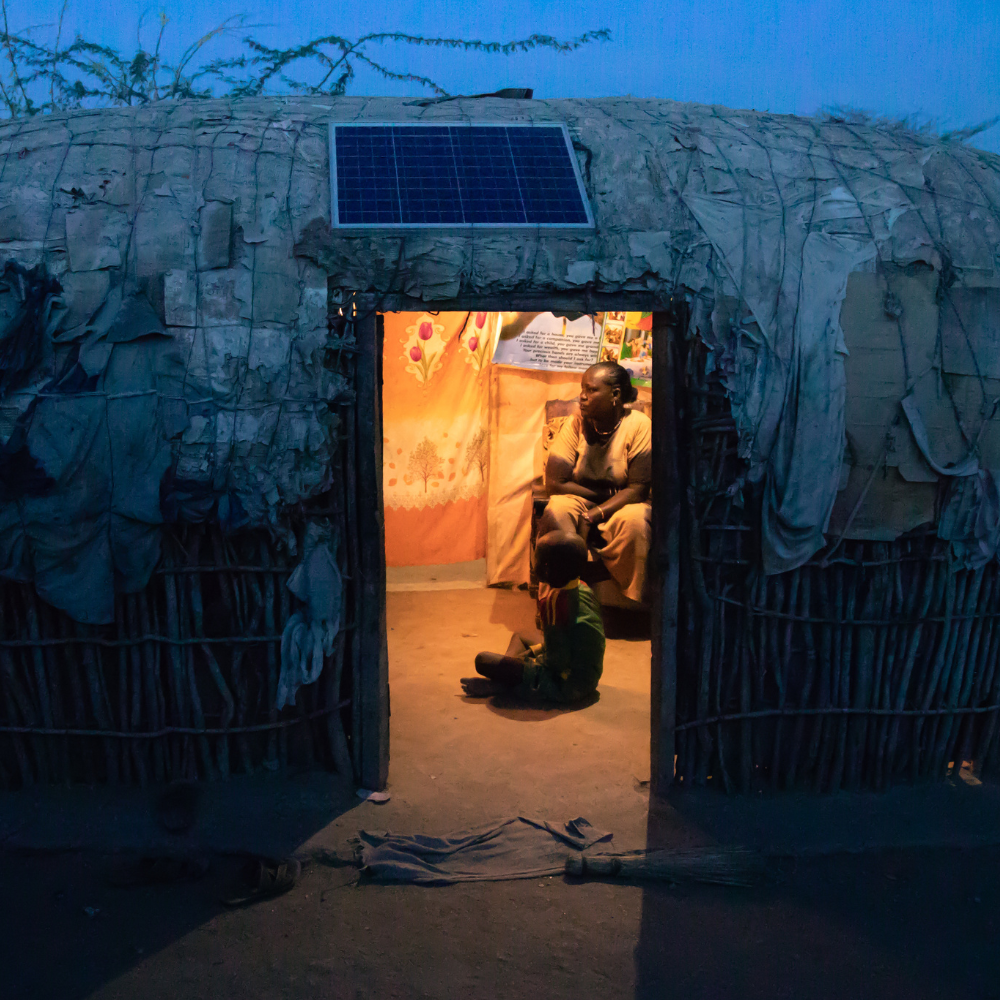Winners of Efficiency for Access Design Challenge 2021 – 2022 Announced
Innovation competition equips university students with the skills to pursue green jobs.

Today, winners of the Efficiency for Access Design Challenge were announced at a virtual Grand Final Event. The Challenge is a global, multidisciplinary competition that empowers teams of university students to accelerate clean energy access for low to middle income countries through the development of innovative appliances. The Efficiency for Access Coalition and Engineers Without Borders UK are delighted to collaborate on the delivery of the Efficiency for Access Design Challenge. It is funded by UK aid and the IKEA Foundation.
Globally, 759 million people live without access to electricity and many more have an unreliable connection. This means that they are unable to access appliances that can help them earn a living or enjoy a good quality of life. The development of affordable and efficient appliances can help us achieve universal clean energy access by 2030.
The winning teams designed appliances to tackle healthcare, food security and cooling challenges in rural communities around the world. The list of winners can be found here:
Gold:
- Team 2021-31 – City, University of London (UK) and Independent University (Bangladesh)
- Solar Direct Drive Cold Storage System for Off-Grid Preservation of Fish and Perishable goods
Silver:
- Team 2021-18 – University College London (UK)
- Space Cooling Air Filtration System with a Grass-Based Filter
- Team 2021-06 – National University of Sciences and Technology, NUST (Pakistan)
- Solar-based Dehydrating System for Food Preservation
Bronze:
- Team 2021-26 – Jomo Kenyatta University of Agriculture and Technology (Kenya)
- Solar Baby Incubator
- Team 2021-25 – Jomo Kenyatta University of Agriculture and Technology (Kenya)
- Solar-Powered Mobile Blood Bank
- Team 2021 – 43 – Makerere University (Uganda)
- Solar-Powered IoT Hydroponic System
- Team 2021-21 University of Port Harcourt (Nigeria)
- Semi-Automated Water Vending Machine
- Team 2021-12 Makerere University (Uganda) and Swansea University (UK)
- Solar-Powered Milk Cooling Unit
Now in its third year, the Efficiency for Access Design Challenge invites teams of university students from around the world to design sustainable, and high-performing appliances intended for communities with no or unreliable access to electrical grids. By bringing together and inspiring students, the competition aims to foster innovation in the solar appliance sector and to address barriers that limit market expansion in this area. Year 3 of the Challenge began in September 2021 with over 150 students from 22 universities in Bangladesh, Benin, Cameroon, India, Kenya, Mozambique, Nigeria, Pakistan, Senegal, Sweden, Uganda, the UK, the USA, and Zimbabwe taking part. Students submitted their projects in April 2022 and presented their projects online to a panel of expert judges in late May.
Lord Goldsmith, Minister for the Pacific and the International Environment said:
“This year’s winners and participants in the Efficiency for Access Design Challenge have come up with some inspiring and creative solutions, and I’m pleased that UK government funding continues to support the initiative. The ideas on show in this competition will not only help to improve energy access globally, but also tackle the climate crisis.”
Between September 2021 and June 2022, the Efficiency for Access Design Challenge team provided support, and training to equip students with the relevant skills to create their projects and pursue careers in energy access. Teams were also paired with industry experts who offered structured guidance and insight into the high-performing appliances sector.
Jeffrey Prins, Head of Portfolio (Renewable Energy), IKEA Foundation said:
“Helping families afford a better life while protecting the planet takes innovative minds and technologies. Productive use of renewable energy is central to addressing many challenges we face today, as it fights climate change by reducing greenhouse gas emissions and at the same time lifts people out of poverty. We’re delighted to see young people stepping up to help us accelerate on SDG7. Each student who has participated in the Efficiency for Access Design Challenge this year has not only demonstrated their commitment to reducing carbon emissions — ensuring future generations will still have a place to call home — but that will also make an immediate and tangible difference in our daily lives. We’re delighted to support the continued growth of the Efficiency for Access Design Challenge.”
John Kraus, Chief Executive, Engineers Without Borders UK said:
“The twin threats of overshooting our planetary boundaries, while under-serving so many are complex, interconnected and urgent. We must respond innovatively through collaboration and responsible design. The Efficiency for Access Design Challenge does exactly this. It provides students with a holistic understanding of the need to enhance efficiency and affordability of high-performing appliances for all. As we conclude year three of this Challenge, I look forward to seeing the inspiration it sparks in the graduates of tomorrow and industry leaders of today.”
Today’s Grand Final event showcased participating teams’ innovations to an audience of students, representatives from aid agencies and foundations, private sector representatives, academics, and the broader civil society.
Mike Thornton, Chief Executive, Energy Saving Trust said:
“It is great to see young people from around the world taking an active role in addressing the climate emergency and working to create a just and inclusive clean energy transition. Congratulations to all the students for their outstanding and innovative projects.
Competitions such as the Efficiency for Access Design Challenge inspire the next generation to achieve net zero and build a pipeline of talent to accelerate progress in this vital task.”